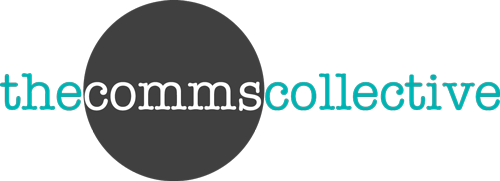“Sue is a very engaging and knowledgeable trainer who provides you with practical tips to enhance your writing. Sue also adds value to the training course agenda where possible. I found the course very productive as it allowed you to work on your own projects with Sue providing guidance and feedback as you developed your work. I would highly recommend this training to anyone looking to learn and improve their writing skills.” – Jess
Creating Compelling Case Studies
“I found the writing course was of great benefit because it went beyond theoretical learnings and was applied to actual working documents. This provided both a learning opportunity and a way to stay on top of existing deadlines.” – Fiona Merida
COURSE 2: CREATING COMPELLING CASE STUDIES
Suggested timing:
Full day: 9:30am to 4:00pm with 45 minute lunch break
Course timing can be scheduled to suit your group
What do today’s tenders, proposals, campaigns and websites all have in common?
They all get more traction if they include compelling case studies.
Marketers, journalists and communications professionals all know that people love to learn from the stories of others. A compelling, well-crafted case study can keep your audience engaged in a way that a less ‘personal’ piece of writing will struggle to achieve.
Case studies are as useful in public sector contexts as they are in journalism and the business world. A well-honed story will linger when facts and figures have faded: a strong case study can help build a case, or simply make a website, newsletter or proposal more memorable.
In this hands-on one day course with our experienced journalists and communications experts, you’ll learn how to craft case studies that help your campaign, proposal or tender to connect with your key audience.
You’ll leave knowing how to write a solid and effective case study, how to weave just the right amount of storytelling into every piece, and how to ‘interview’ sources to find the information you’ll need.
Whether you need to showcase a recent success or interview a colleague about their latest project for your website or newsletter, this course will teach you how to create engaging stories from any kind of content.
COURSE STRUCTURE:
As practice is the best way to improve your writing, all of our courses involve a fifty-fifty split between learning and doing.
MORNING:
You’ll learn:
1. What makes a good case study
2. How to craft a case study from start to finish
3. A formula to help your case study flow in a compelling way
4. Five things you must include in your case study
5. How to interview people to get the information you’ll need to make your case study ‘sing’
6. How to determine if your final product has the goods
AFTERNOON:
In a workshop session, you will put your new skills into action by creating two engaging and interesting case studies. Led by your highly experienced writing coach, you’ll craft these individually and receive targeted, honest feedback on your work. You may bring one or two of your own documents to the afternoon session.
BRING:
-
A laptop (not required, but recommended)
-
Examples of your own writing work (not required, but recommended)
THIS COURSE IS PERFECT FOR:
Government employees who need to generate website copy, newsletter content or case studies for tenders, proposals or websites. It’s also useful for those who need to bring project updates to life for other members of their organisation.
NOTE:
-
This course will teach you the nuts and bolts of good storytelling, and how to use it appropriately in a government context.
-
This is not a course in how to use good grammar and punctuation, though these are a part of successful writing and may be discussed briefly in some parts of the course.
What people are saying:
The Comms Collective training courses are a fresh new product, but head trainer
Sue White has been teaching, mentoring and doing public speaking for years.
Here’s what some people have said after working with her.

“Sue is brilliant. It’s the 2nd course I’ve taken with her.”

“Sue kept things on track: she was personable, clear, experienced and non-patronising.”

“Fantastic. She was enthusiastic, and clearly very good at her job. Very professional.”
